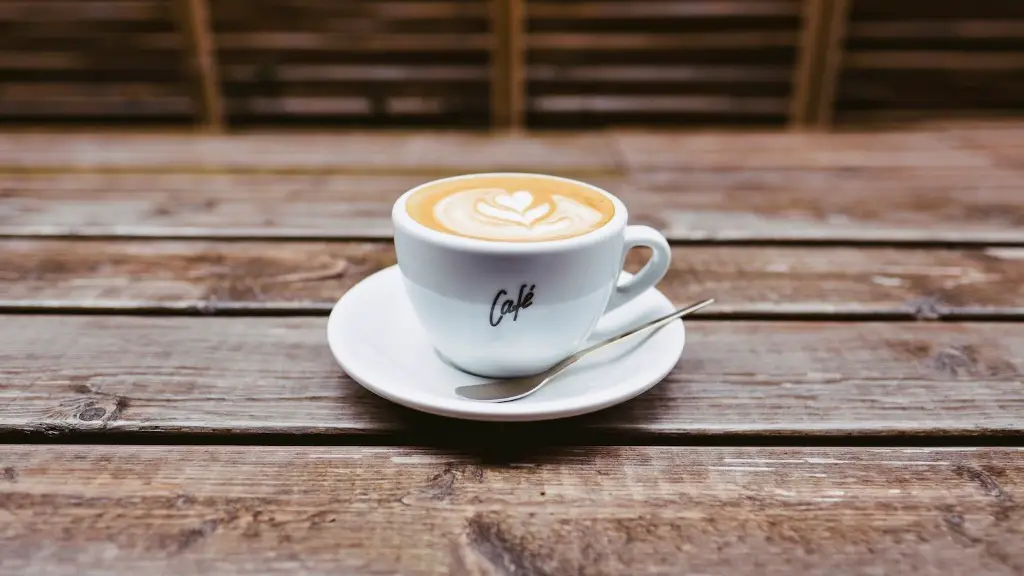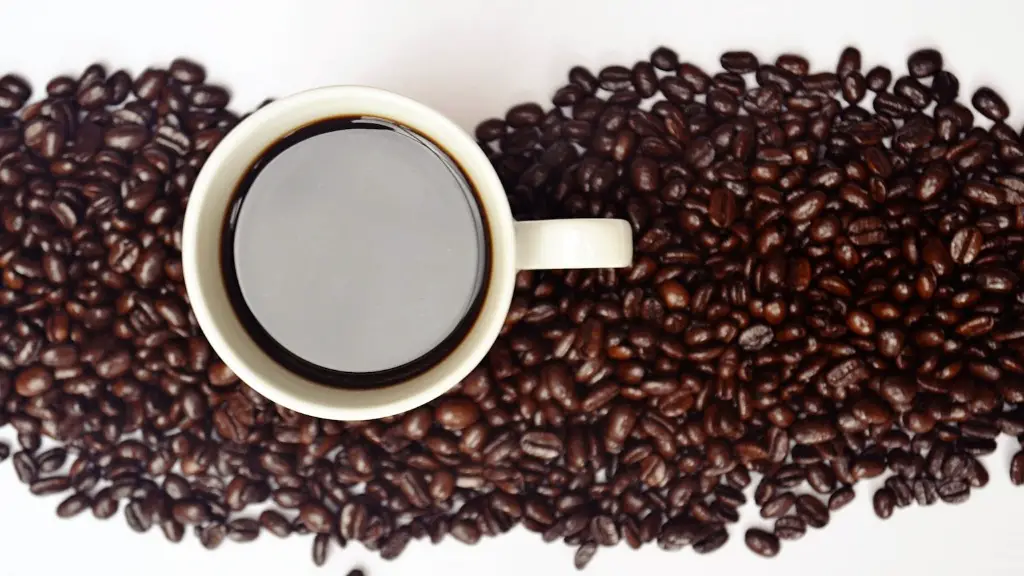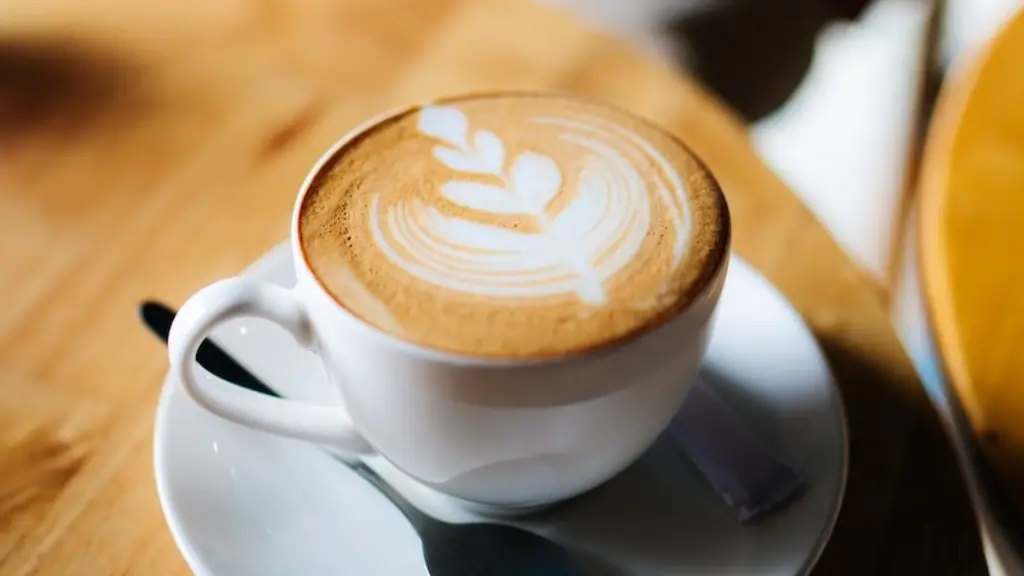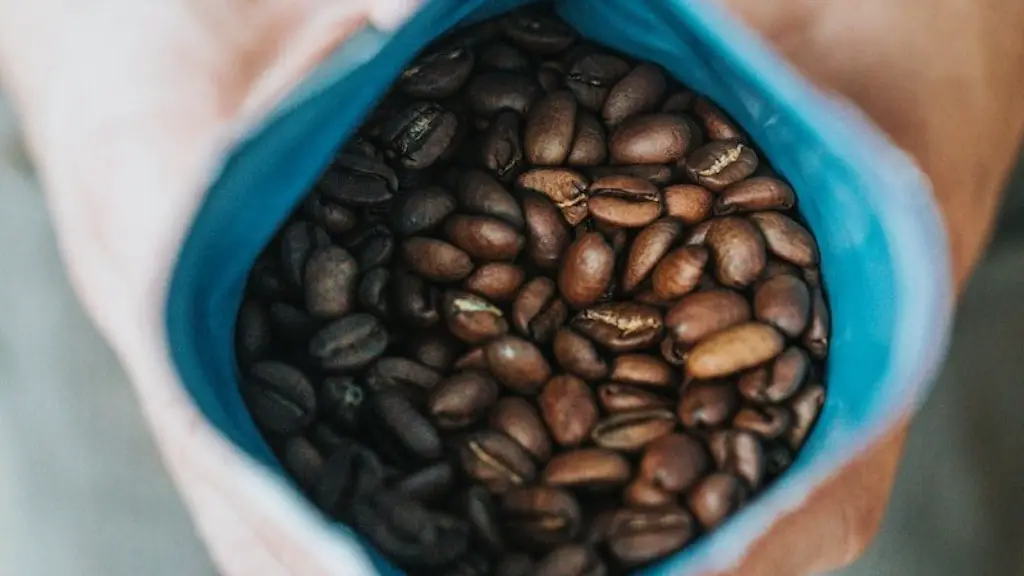Coffee is one of the most popular beverages in the world. It’s a great way to start the day and can give you an energy boost when you need it. But how late into the night should you keep drinking coffee?
The answer depends largely on your own body and how sensitive you are to caffeine. Generally speaking, it’s best to avoid drinking coffee after 2-3pm, if possible. This will give your body enough time to process the caffeine before bedtime. Drinking coffee too late can make it harder to fall asleep and can disrupt your sleep cycle.
Of course, everyone is different and some people may be able to handle drinking coffee later in the evening without any issues. It’s important to experiment and find out what works best for you. If you do choose to drink coffee later in the day, make sure it’s decaffeinated.
Advantages and Disadvantages of Drinking Coffee Late at Night
Drinking coffee late at night can provide a boost of energy and alertness when you need it most, but it can also have some adverse effects if done too close to bedtime. The caffeine in coffee can remain in your system for up to 8 hours, so it is best to avoid drinking coffee after 6 pm.
One of the main advantages of drinking coffee late at night is that it provides a boost of energy and alertness when you’re feeling tired and sluggish. This can be beneficial for those who need to stay up late studying or working. However, this benefit can come with a cost.
Consuming too much caffeine too close to bedtime can interfere with your sleep pattern, leading to insomnia and restlessness. This means that you won’t get the quality rest that you need, leading to fatigue and decreased focus during the day. In addition, drinking excessive amounts of coffee late at night may increase your risk for heartburn or acid reflux.
Overall, while drinking coffee late at night can provide a short-term energy boost, it is important to keep in mind that this should be done in moderation. To avoid any potential adverse effects on your health and sleep quality, it is best to avoid drinking coffee after 6 pm.
Environmental Factors That Affect Coffee Consumption Time
Coffee consumption time can be affected by a variety of environmental factors. Temperature, daylight, and stress levels are just some of the external factors that can influence when it is best to consume coffee. In general, it is best to avoid drinking coffee late in the day, as caffeine’s stimulating effects can lead to difficulty sleeping and other negative health effects. During hot summer days, drinking an iced coffee in the late afternoon can help quench your thirst and provide a boost of energy. In colder climates or during winter months, however, a hot cup of coffee may be more appropriate for later in the day. Depending on how much caffeine you are used to consuming on a daily basis, it may be wise to limit your intake after around 2 pm so you have plenty of time to relax before bedtime. Ultimately, understanding your own body’s unique needs and being aware of external factors that could affect your caffeine intake will help you make informed decisions about when it is best for you to drink coffee.
Effects of Drinking Coffee Too Late in the Evening
Drinking coffee too late in the evening can have negative effects on your sleep and overall health. Consuming caffeine close to bedtime can disrupt your circadian rhythm, which is the body’s internal clock that regulates your natural sleep-wake cycle. This can make it harder for you to fall asleep and stay asleep through the night. Additionally, consuming caffeine late at night can lead to increased heart rate and blood pressure, restlessness, and difficulty concentrating. It is generally recommended that you avoid consuming caffeine after 2pm or 4pm.
Furthermore, drinking coffee too late in the evening can contribute to insomnia and other sleep disorders. Caffeine is a stimulant that can remain in your system for several hours after consumption and interfere with your ability to get restful sleep. If you are having trouble sleeping, it is best to avoid drinking coffee after 4pm or even earlier if you are particularly sensitive to caffeine. Additionally, if you decide to drink coffee later in the day, it may be beneficial to choose decaffeinated options instead.
Caffeine’s Impact on Sleep Patterns
Caffeine is a stimulant found in coffee, tea, soft drinks, and chocolate. Caffeine has a direct effect on sleep patterns and can cause trouble for those trying to get a good night’s rest. Consuming caffeine late in the day can disrupt sleep patterns, making it difficult to fall asleep and stay asleep. To avoid this problem, it is recommended to avoid drinking coffee within 4-6 hours before bedtime. Caffeine has a half-life of around 5 hours, meaning that half of the amount consumed will still be present in your body at the 5 hour mark. It is best to plan accordingly and cut off coffee consumption no later than 6pm if you plan on getting enough restful sleep.
How To Cut Down on Evening Coffee Drinking
Drinking coffee late in the evening can cause difficulty sleeping and restlessness. It is important to know when the latest time you should drink coffee is in order to reduce the risks of disrupted sleep. The best time to cut off drinking coffee is six hours before your intended bedtime. This gives your body enough time to process the caffeine and not be too stimulated when you are trying to sleep.
A good way to cut down on evening coffee drinking is by setting an alarm or reminder that it’s time to stop. Having a set plan of when you will stop drinking coffee can help you stick with it and stay on track. Additionally, if you do need an energy boost in the afternoon, try having a cup of tea instead which has much less caffeine than coffee.
You can also opt for decaffeinated drinks if you don’t want completely cutting out caffeine from your diet. Decaffeinated drinks still contain some caffeine, but at lower levels than regular coffee and tea so they won’t interfere with your sleep as much. Lastly, try replacing coffee with a nutritious snack like nuts or fruits which will provide energy without any caffeine-induced jitters.
Alternatives to Late Night Caffeine Consumption
If you’re looking for an alternative to late night coffee consumption, there are plenty of options available. From herbal teas to warm milk, you can find something that satisfies your craving without the caffeine jolt. Herbal teas like chamomile, lemon balm and valerian root are all great options for a warm and soothing drink. Warm milk with a spoonful of honey is also a great way to relax before bedtime. If you need something more stimulating, try going for a short walk or doing some light stretching before bed instead. The key is to find something that helps you relax and unwind without giving you an energy boost.
When it comes to caffeine consumption, it’s best to have the last cup of coffee no later than mid-afternoon. This will give your body time to process the caffeine and get ready for a good night’s rest. If drinking coffee late at night becomes a regular habit, it could lead to insomnia and restlessness which can disrupt your sleep cycle. So if you’re looking for alternatives after dinner or before bedtime, try one of the options mentioned above!
The End
It is important to know the latest time you should drink coffee so that you can enjoy its benefits without disrupting your sleeping pattern. Caffeine is a drug, and it should be used in moderation for its positive effects. Therefore, it is best to stop drinking coffee no later than 6 PM in order to ensure that caffeine does not interfere with your sleep routine. Drinking coffee responsibly can ensure that you get the most out of your daily cup of joe.




